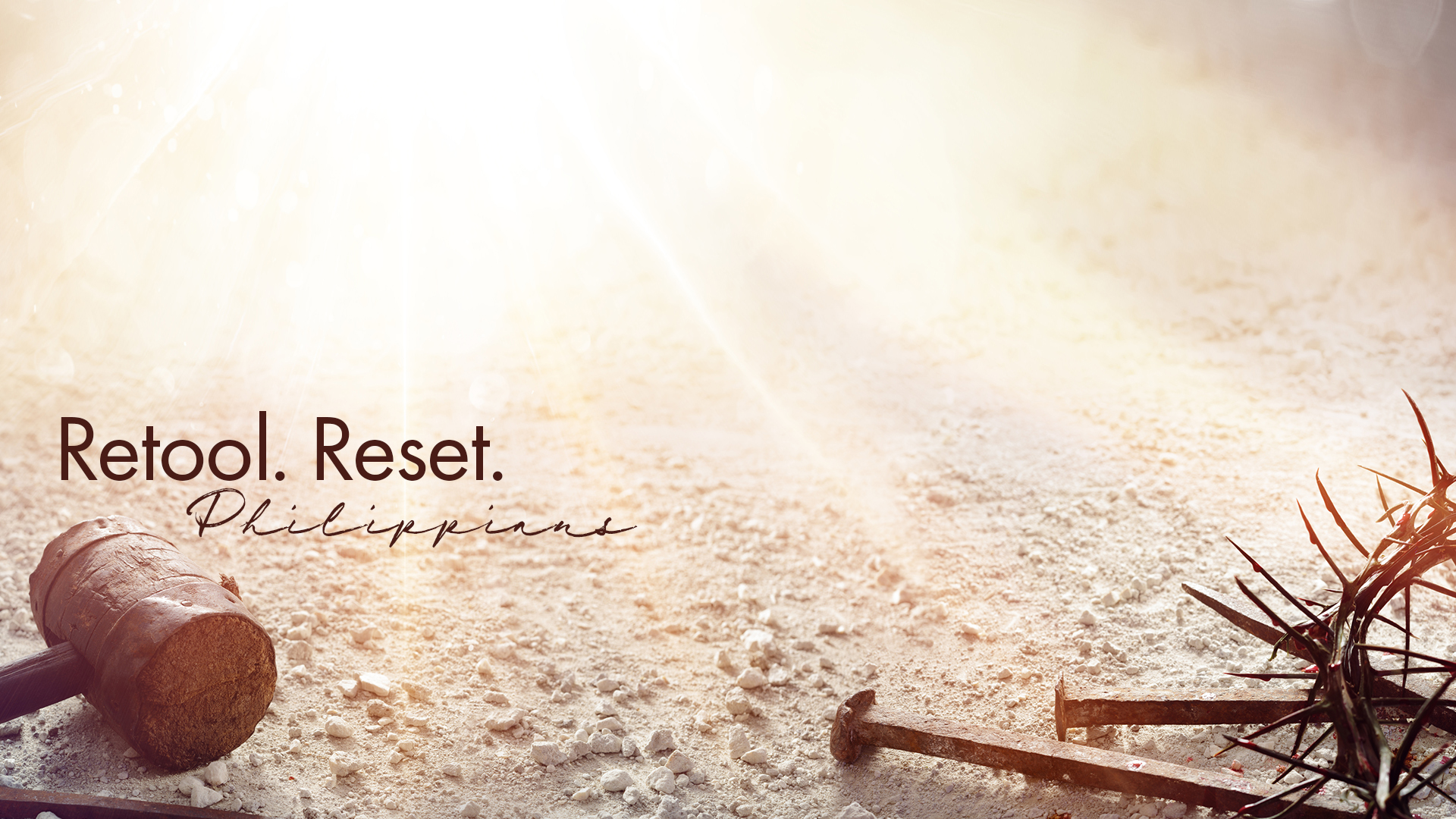 Retool. Reset.
Retool. Reset.
Several years ago I was witnessing to a graduate student at Sacramento State University. He told me his Ancient Near Eastern History professor often made fun of Christianity as being unhistorical. My seeker friend invited me to the class to get my opinion of what the professor was saying. After hearing the prof for a few minutes on a diatribe about the mythology of Christianity, I asked my seeker friend to ask the professor what was the criteria for a credible historical document from the ancient near east. The prof gave in summary the following criteria: the document must be written by non-relatives, it must be found in several languages after the event, the information has to have crossed international borders, the ancient manuscripts must have been discovered in several geographically unrelated locations, and finally the eyewitness recorded testimony must have both pro and con witnesses. Guess what? The New Testament meets the above criteria. Unfortunately my seeker friend avoided me from that time forward. He didn't want to talk history anymore. This Sunday I will give an apologetic on the evidence for the resurrection. The message will be appropriate for both believers and unbelievers.
Pressure/suffering. We all experience it to some degree. Some deserved and some not deserved. How do we sort it out? What can we change? What can’t we change? What Paul says in Philippians 1 is a game plan for Christians struggling against a culture that was not open to Christ. As we think of Palm Sunday, we think about the triumphal entry, we think about the palm leaves and the cheering crowds but if you look at Luke 19:39, we find the Pharisees asking Jesus to rebuke his disciples. This is in spite of the fact that Christ has been doing good miracles from the standpoint of a righteous God. Christ finds that old saying to be true: no good deed goes on punished. So instead of feeling sorry for ourselves let’s listen to the apostle Paul who gave instruction from prison (which he didn’t deserve) to Christians who were suffering under the hand of Roman authorities. Pressure and suffering can do some good things. Let’s learn how to apply God‘s word so that those good things happen in bad conditions.
Prayer. Everyone talks about it, not everyone participates in it. One of the things that strikes me about the ministry of the apostle Paul, is how often he appealed for people to pray for him. Many would agree that Paul is probably the most dynamic Christian in the New Testament. Yet time and time again he appeals for the prayer of God‘s people. When Paul was in jail he could have sat, soaked, and soured, but he was intent on serving Christ wherever he was. Self pity is common when punished for doing good. It is a temptation we all face. But God knows our problem, no matter what it is. How do we gain confidence in difficult circumstances? We have to pray and ask those around us to pray. And we focus our prayers on the priority that Christ would be exalted in our lives. As our prayers go up the life of Christ comes down to be in us. Another way Paul puts it “Christ in you the hope of glory.“ So this week we will look at prayer. We will consider the barriers to prayer. We will look at the focus of our prayer life. And we’ll see how effective Paul’s ministry was in spite of being in jail. If Paul could have a dynamic ministry from prison, then maybe we could use our freedom to minister for Christ.
Author and Pastor Tony Evans once wrote “either you are in a trial now, you’ve just come out of a trial, or you’re getting ready to go into a trial." Every one of us has faced, is facing, or will face soon, something difficult in our life. While some trials are more challenging than others, the fact remains: trials and difficulties are an inevitable part of life. Even though it may not seem like it or feel like it at the time, there are actually some potential benefits to trials. There are some good things that can come out of the challenges we face. Join us this Sunday as we explore three scriptural benefits of trials as found in the first chapter of Philippians.
When someone asks me what my favorite book of the Bible is, I always say every one of the 66 books. But which book do I enjoy preaching the most? Philippians. So I hope you will join me every week for a paragraph by paragraph exposition of Philippians. Written from jail, Paul has some very critical teaching about how to thrive and not just survive. Covid has put us in a position of thinking about survival, but we should be thinking about revival. One of the first keys to overcoming Covid based depression/anxiety is to first think about others and act on their needs. Paul does this orientation so well in this book. We learn Paul has a love for people rather than pitying himself. Do we live, pray and serve with an awareness that one day “how we have lived our Christian life” will be evaluated by Christ himself? Do we have a servant attitude? Are we thankful for the ministry that God has given us? Is our confidence in Christ and not in ourselves? We will address these and other questions on this series in the great book of Philippians.
